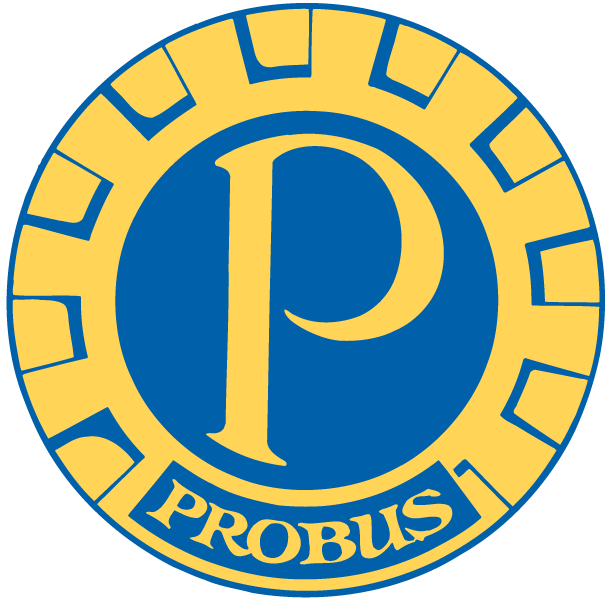
The Probus Club of East Grinstead & District


The Club meets on the third Tuesday of each month except December when it is the second Tuesday. The venue for meetings is the upstairs room at the East Grinstead Spoprts Club, Saint Hill Road, East Grinstead RH19 4JU, where members gather at 10.00am for conversation and coffee, conduct routine Club business, listen to a guest speaker and questions. At around midday members can opt to return to the bar for a drink and lunch.
A programme of visits to varied and fascinating places are arranged during the year. The Club organises a short holiday each year, usually in the UK but also to mainland Europe. All holidays aim to have a sense of fun, to visit new places of interest and represent a tremendous opportunity for members and partners to socialise over a longer period of around severn days.. Travel is normally by coach, but train and air transport have been used in the past. Holidays are planned such that people with restricted mobility can participate as much as possible.
A Spring and Autumn lunch takes place with members and wives / partners and at Christmas time a lunch takes place to celebrate the season and recall the year's achievements.
|
Join Ian Worley in this 45 minute illustrated talk as he recounts this thrilling adventure of a journey covering 26,000 nautical miles of perilous seas and living off mouldy bread! |
|
Speaker: Jeremy Hodgkinson For centuries a stretch of common land near the Sussex-Surrey border and a venue in the Regency period for prize fighting, the coming of the railway provided the impetus for the development of a village that is now home to more than 5000 people. The talk traces the key milestones of the village’s growth. |
|
Speaker: Rukshana Master As a young family, in the 90s, we decided to take on a holiday project renovating an ancient maison de vigne in the Aveyron, France. There were many misadventures along the way, dealing with French bureaucracy, the language and the different way of life. It all makes for a light hearted and merry tale. The talk includes a brief history of the Cathars and their castles and has beautiful slides of the Gorges du Tarn and other parts of the Aveyron including the spectacular Viaduc de Millau. |
Speaker: Gordon Grayson
I am a busy Magician in Surrey, south of London - I perform childrens shows as well as close up and cabaret for adults
A presentation of America's 45 (now 46) presidents but not in detail. In this fascinating presentation I bring out some of the lesser known facts about the 45 men who have been President of the USA. Which President is considered to be the best President? Which one is considered to be the worst? Which President kept pet alligators in the White House? Things you might never had known about these men if you hadn't seen my presentation.
Speaker: Neil Nixon
A bizarre moment in British television when for six minutes in 1977 an edition of the ITN early evening news was, apparently, interrupted by aliens with a message imploring mankind to be more tolerant and reach standards fit for an intelligent race in our galaxy. This talk covers the event, the subsequent news coverage and a decades-long investigation to reveal the true identity and motivation of the "aliens" involved
Speaker: Malcolm Francis
"Quakes and Discovery" promises to captivate science enthusiasts and engineers, offering a deeper appreciation for Earth's wonders and challenges. Join us for an exploration of our dynamic planet.
Speaker: Kathryn Ferry
During the 1860s and 70s there was a mania for pier building around the British coast. The engineer Eugenius Birch not only built more of these than anyone else, he was also the first to use iron screw piles and the first to design an integral entertainment pavilion. Among his commissions were the West Pier at Brighton, Blackpool North Pier, Birnbeck at Weston-super-Mare, Eastbourne, Hastings and Bournemouth piers.
Speaker: Pete Allen
What is it about Pantomime that attracts us to this strange concoction of fairy tales, dance, jokes, songs and cross-dressing? And what is it really like to play the back end of a Pantomime Cow?
Speaker: Steve Bird
There once was a time when every Briton knew of Wolfe’s triumph at Quebec which secured Canada for the British. What really happened though? We will look at a campaign marred by arguments on both sides and which appeared lost only to be won by an enormous gamble at the 11th hour.,,,,and nearly lost again not long after.
Speaker: To be confirmed
A general introduction to the history of Croydon Airport, Trailblazers & Record-breakers, WWI, WWII, Battle of Britain and refugee flights